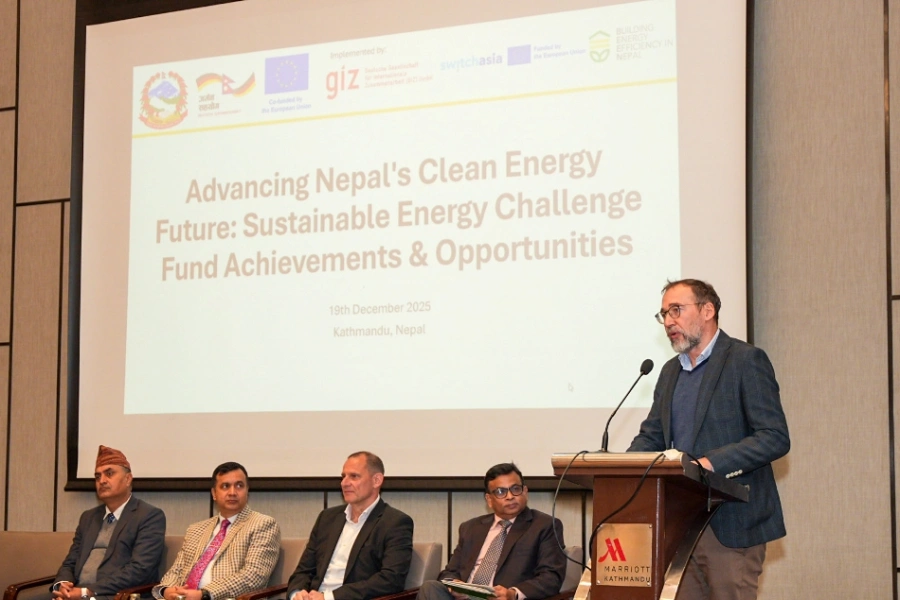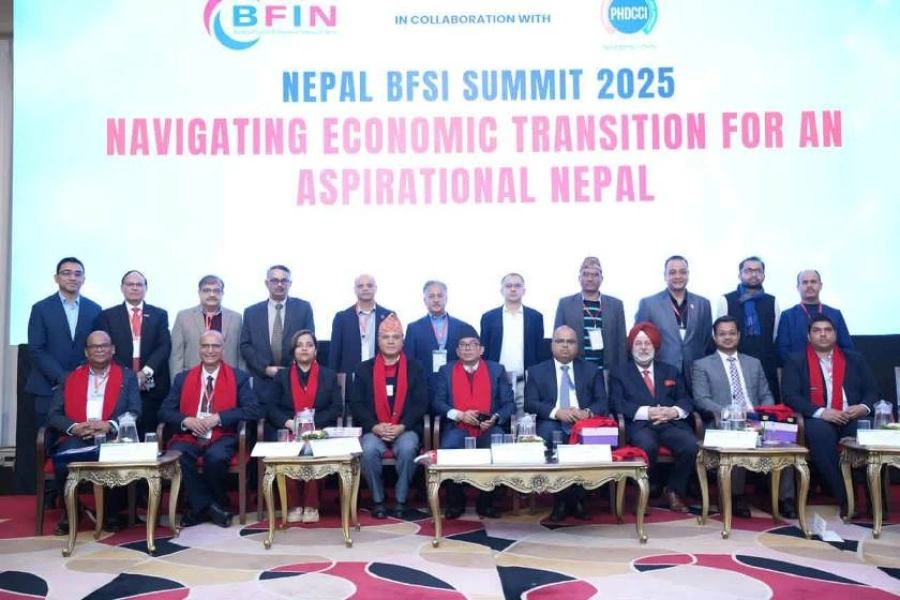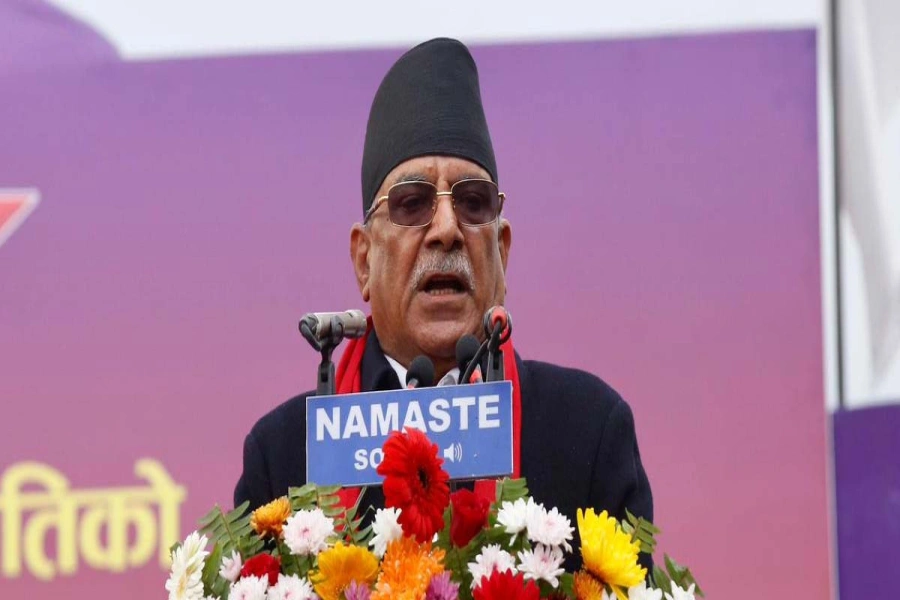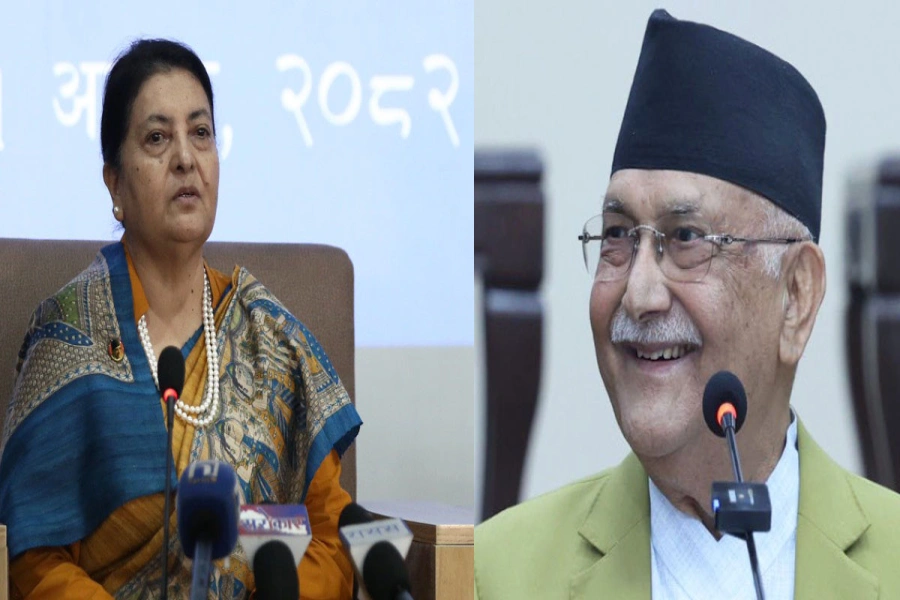Precious Shaligram stones are also on the verge of extinction
GALKOT, March 3: Rampant exploitation of sand, pebbles and stones in Kaligandaki River has continued unabated for years. The tendency of crusher entrepreneurs to exploit river-based resources has not seen any changes although the Gandaki province government came up with a guideline to check the rampant excavation and extraction of river-based products.
Even in the broad daylight, the extraction of river products has been undertaken unlawfully by using heavy equipment against the government regulations. However, the local governments and concerned agencies have remained mute spectators of the rampant extraction.
SC continues interim order on excavation of stones, sand and pe...
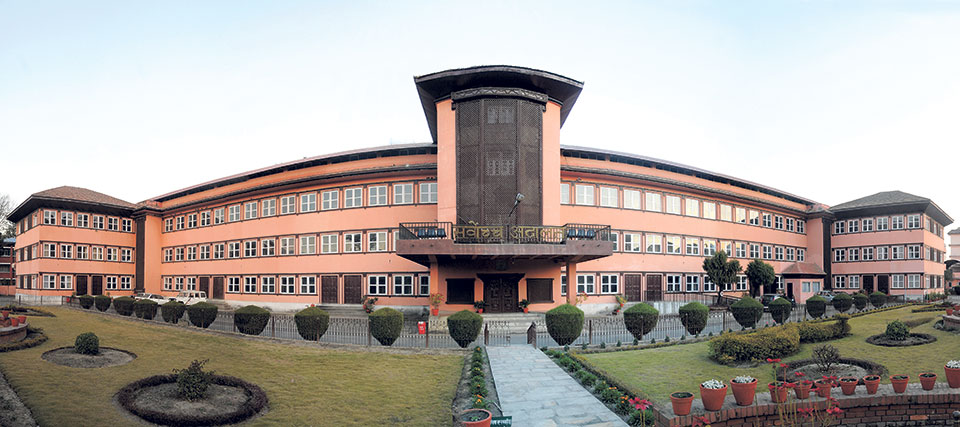
Of late, the extraction of river products has been unobtrusively carried out in the area where Nepal’s longest suspension bridge was constructed to connect Baglung and Parbat districts. The rampant extraction of sand, pebbles and stones has also caused the river to change its original course.
On the other hand, the ammonite stone (i.e. Shaligram) is also on the verge of extinction with the unchecked exploitation of the river. The ammonite stone – which is only available in the Kaligandaki River -- is considered the most precious thing for Hindu followers.
The work procedure-2075 of the Gandaki province government has banned the use of heavy equipment such as dozer, excavator and loader while excavating and extracting stone, pebbles, sand, soil and rock among others from national forest, reserve area and sensitive zone.
There are growing complaints from local citizens for the continued apathy shown by stakeholders and concerned authorities of Baglung and Parbat districts even when the exploitation of the river has become rampant and sporadic.
Local police, administration and other stakeholders have not shown any interests to book those involved in illegal extraction of river-based resources, complained citizens’ leaders.


